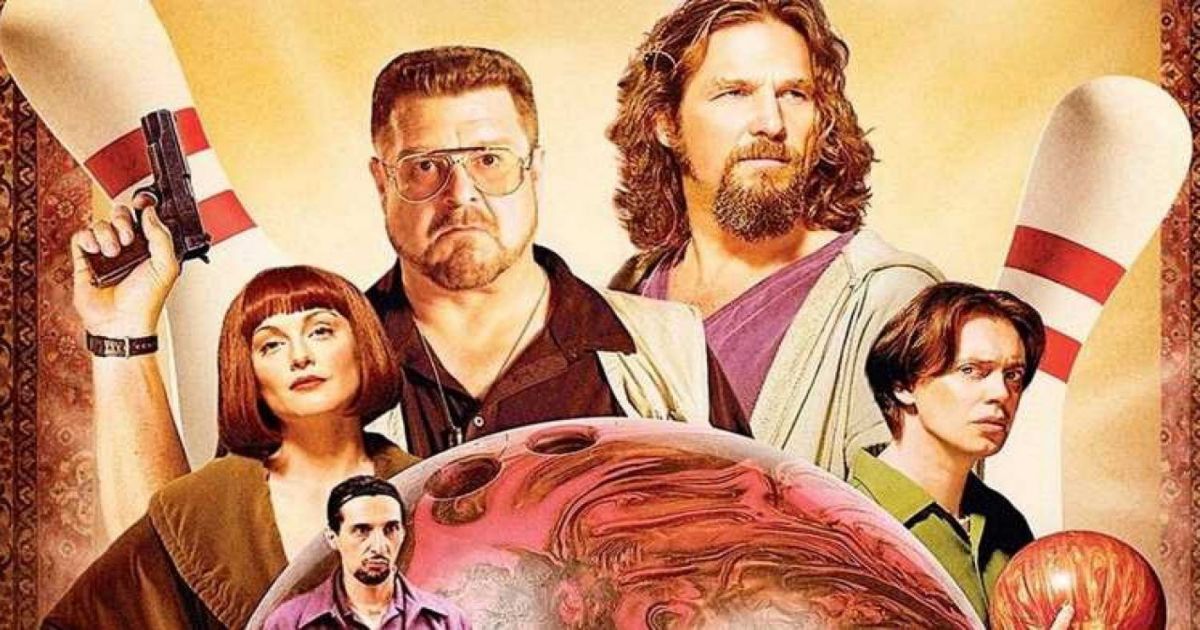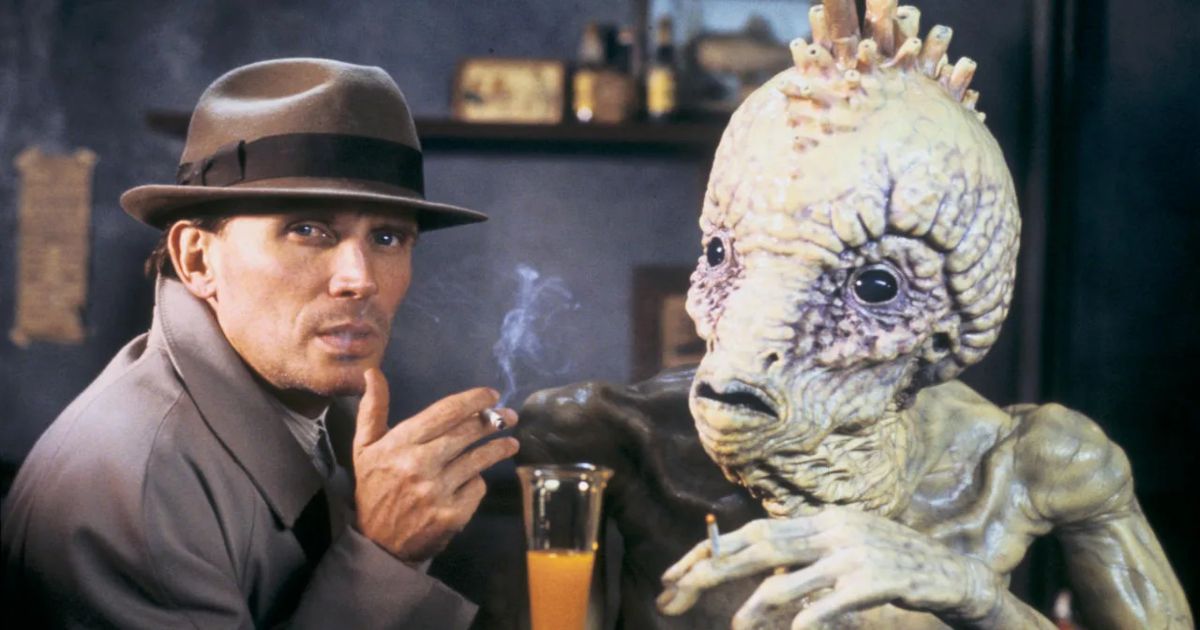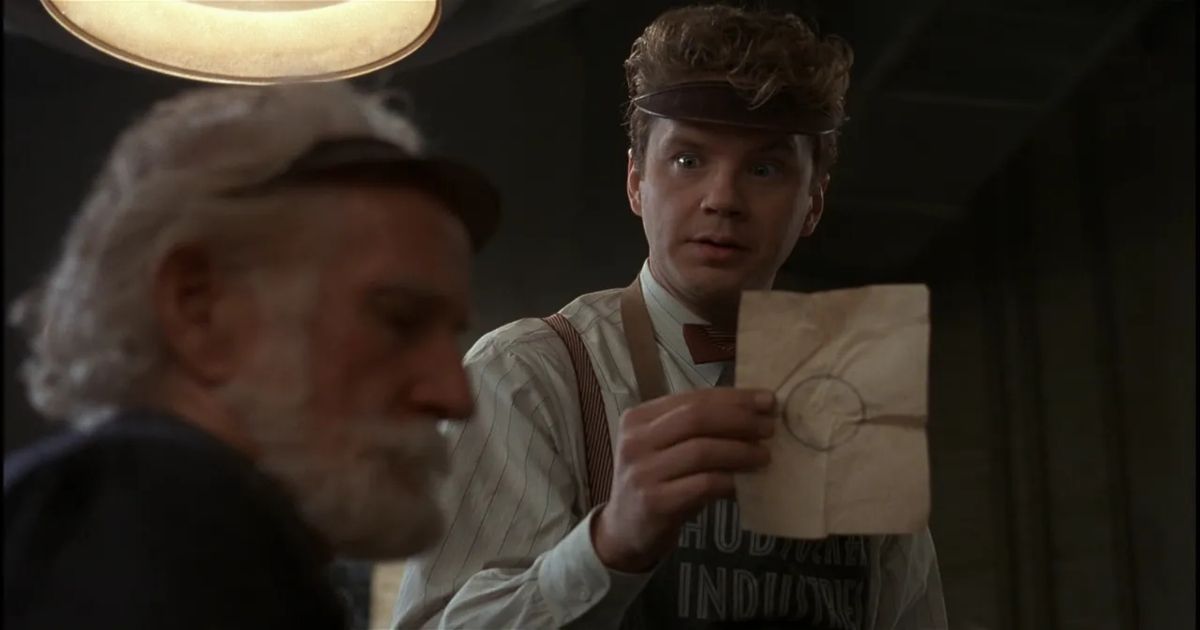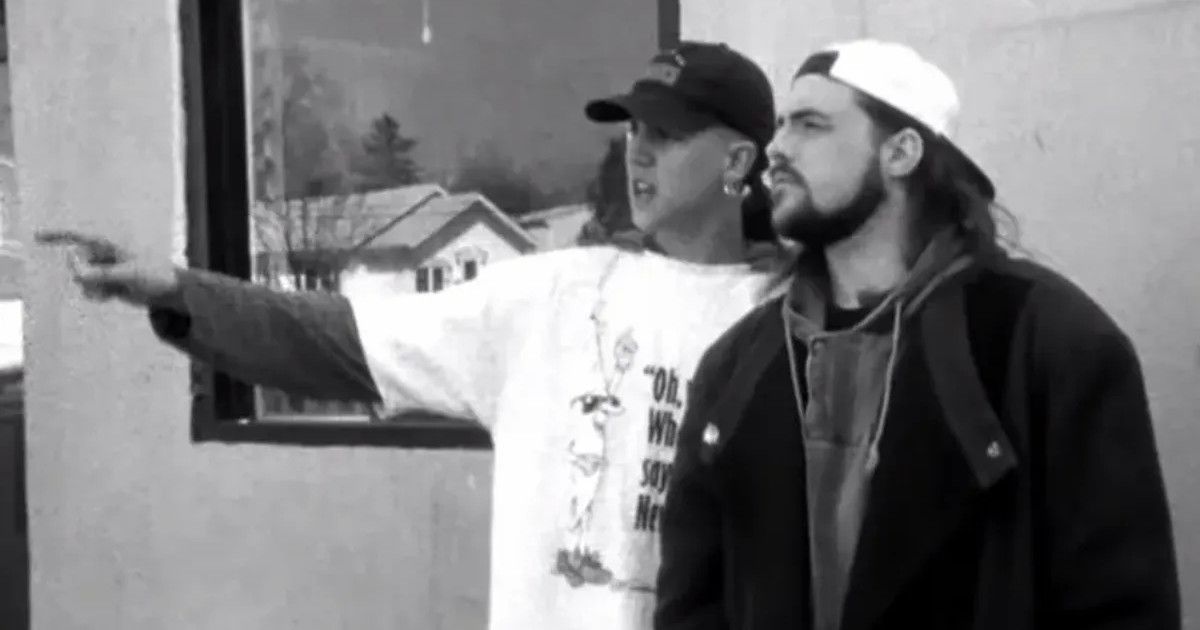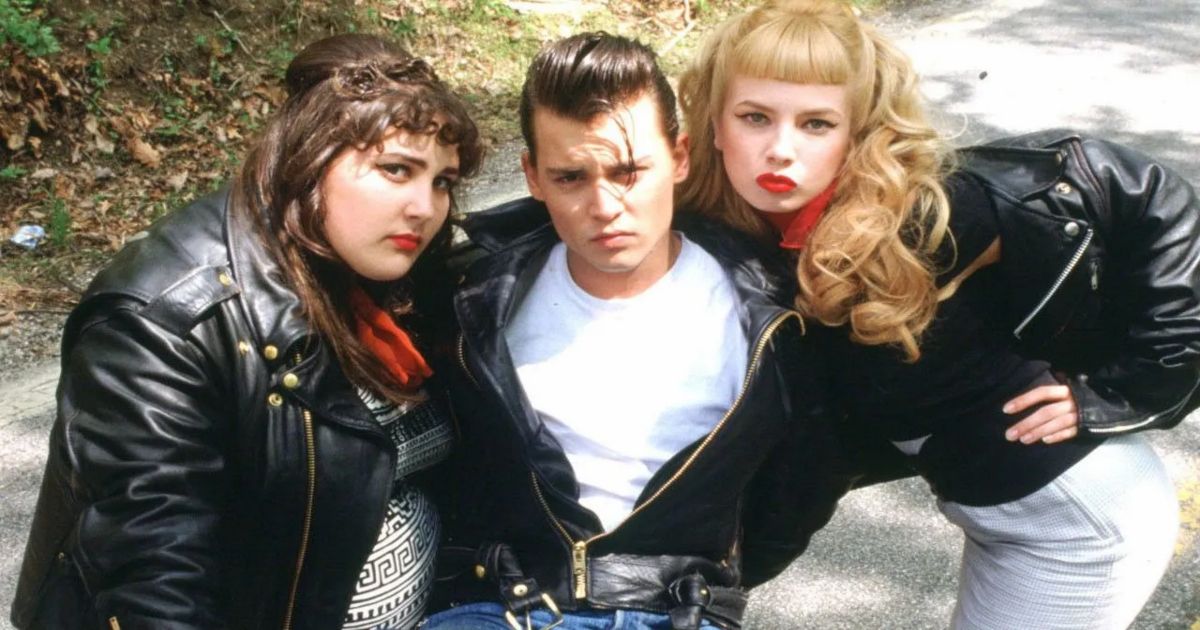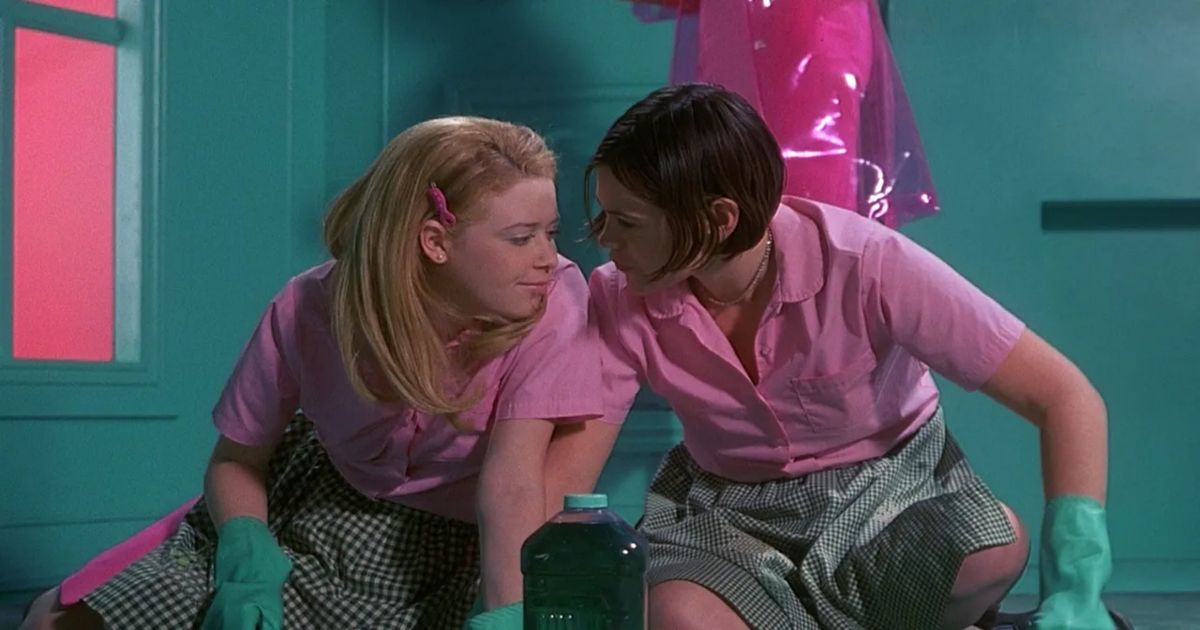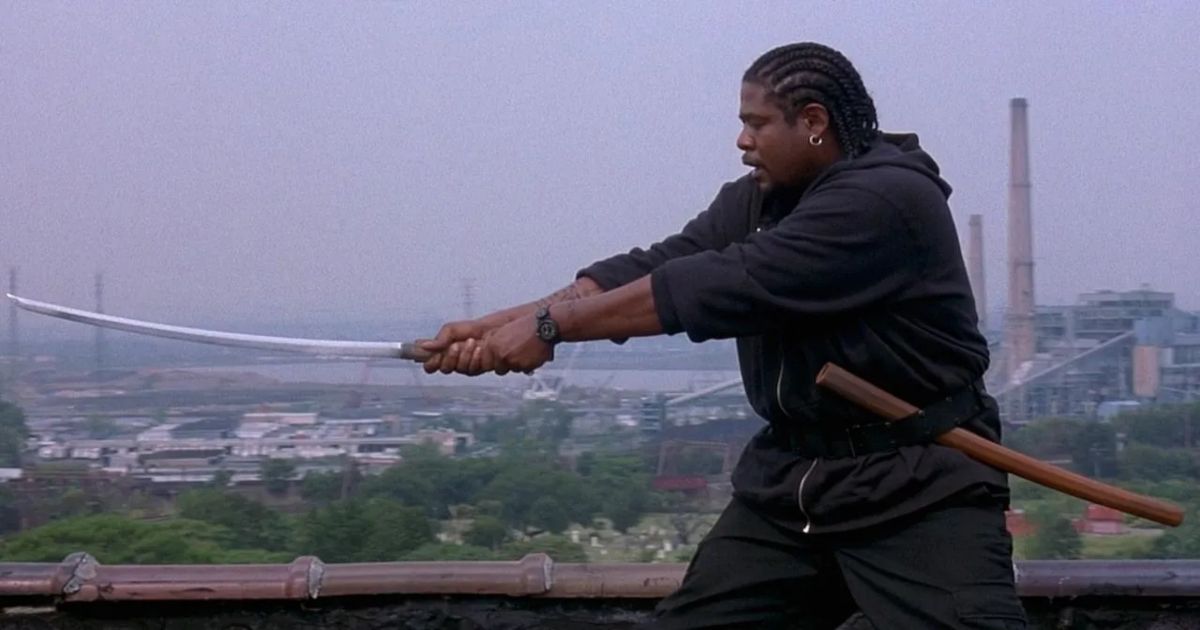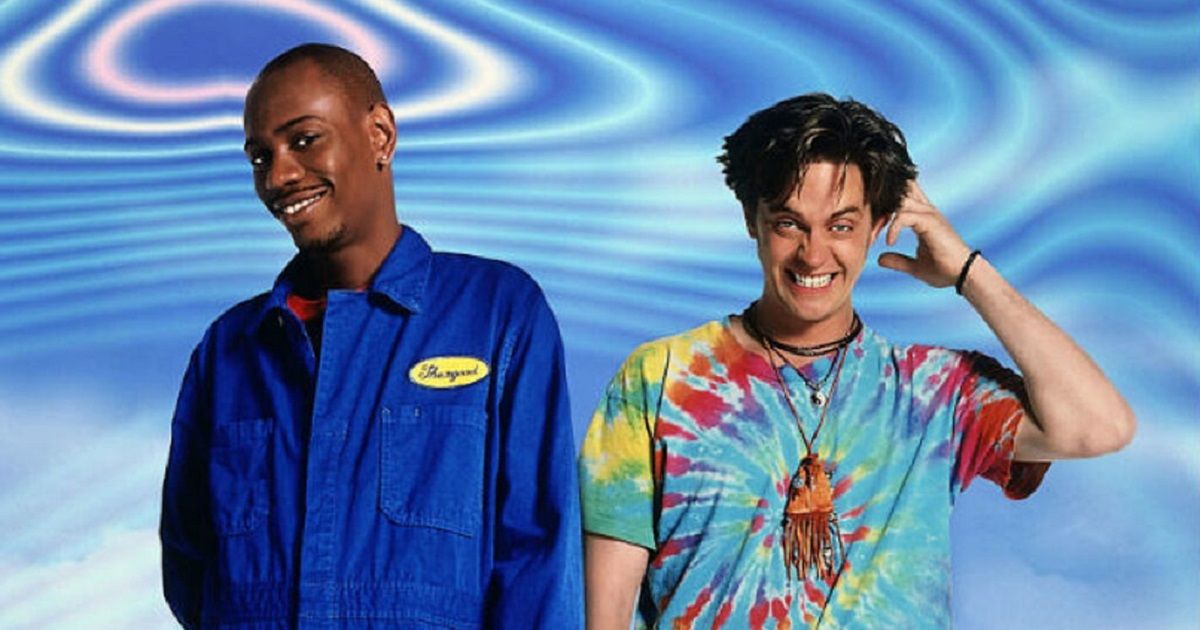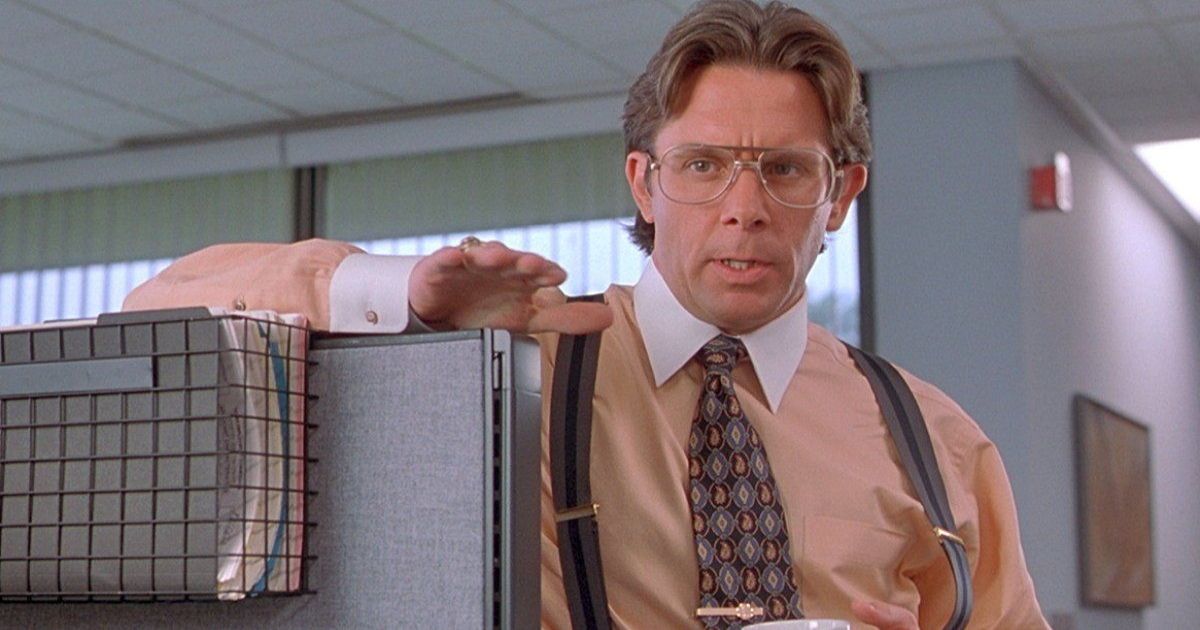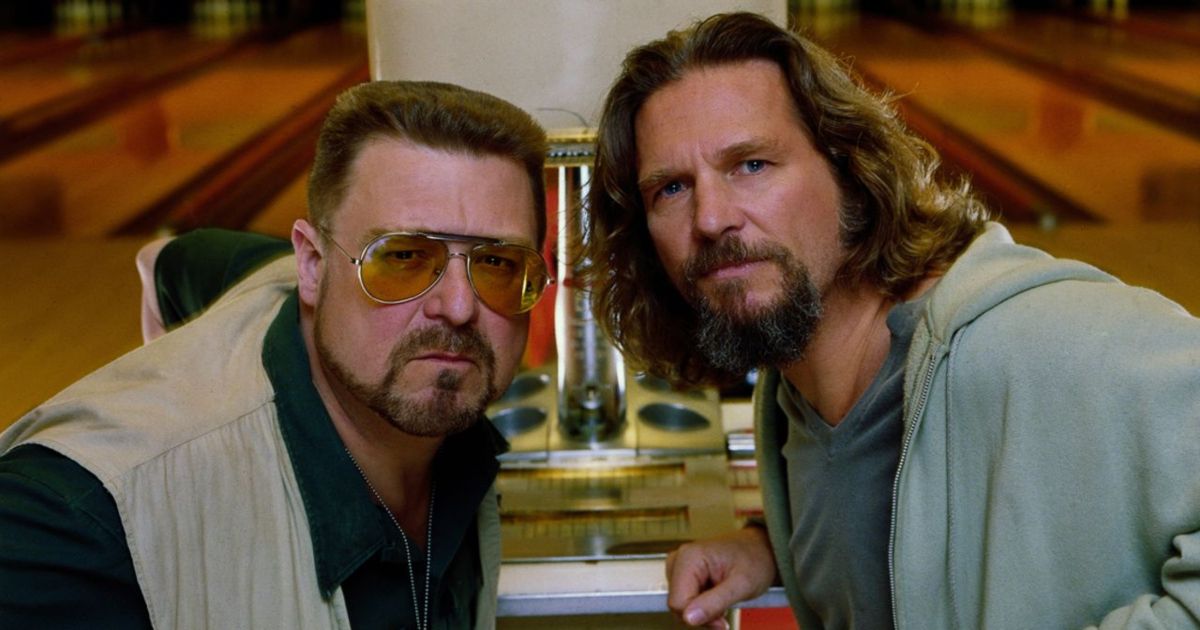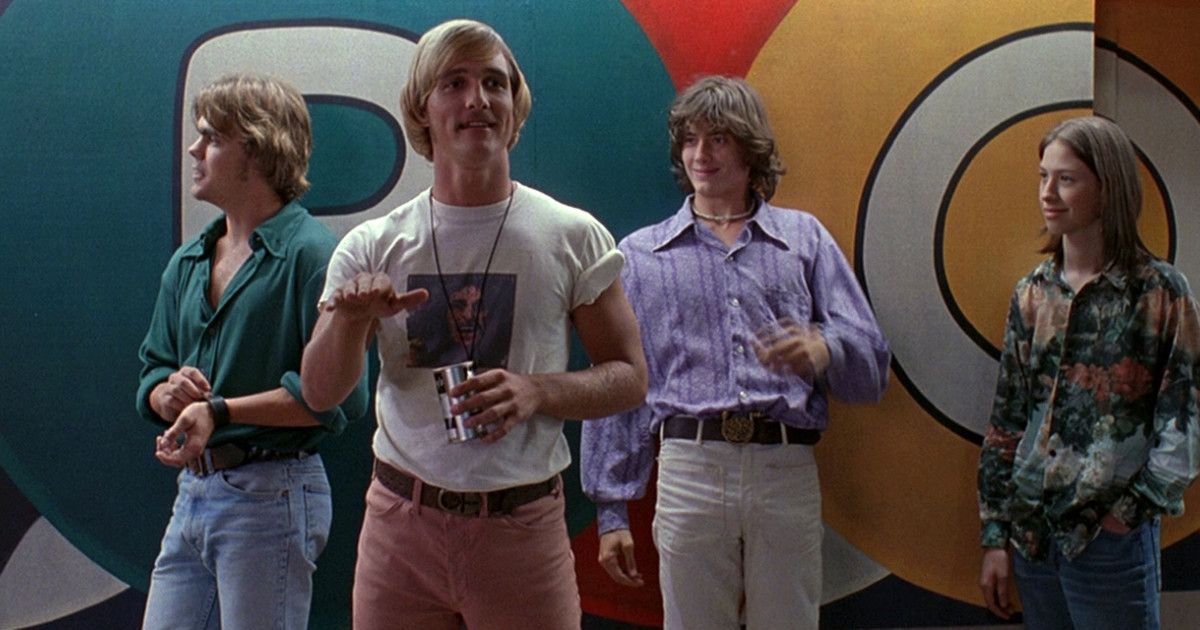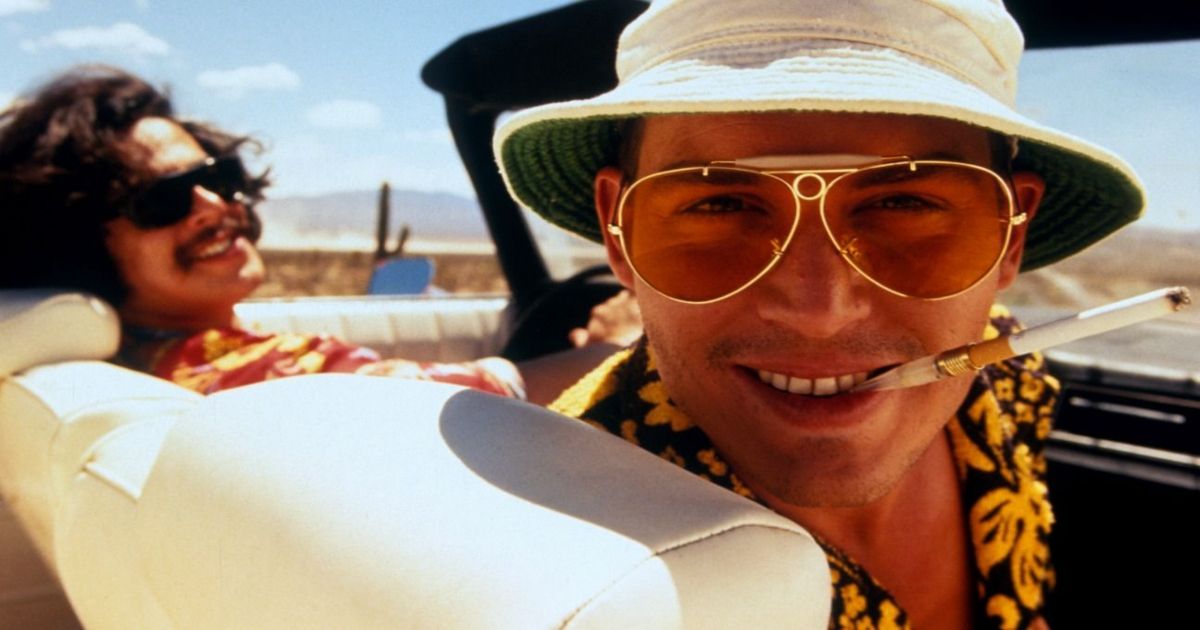Defining what constitutes a cult classic can be quite the challenge, as these films experience a slump and resurgence in appreciation and popularity. Many agree that such favorites are known for their dedicated and passionate fanbase, frequently leading to the creation of an elaborate subculture (such as around the iconic Rocky Horror Picture Show).
Cult classics are often classified as either box office blunders or obscure, transgressive flicks that were initially shunned by the mainstream media. They were thought to be inherently subversive, but there in itself lies the conundrum: what is subversive and arcane one decade eventually becomes appropriated by the Hollywood industry and finds widespread success the next decade. These beloved films may have started out as ambiguous and mainstream-averse projects but have since gone on to garner faithful and steadfast fans, becoming mainstream much later, like Fight Club.
The Coen brothers are notorious for crafting beloved and renowned cult classics that continuously find new life and admirers, most notably with the Jeff Bridges-led The Big Lebowski. Renowned cartoon visionary Mike Judge created one of cinema’s quintessential cult movies with the 1999 classic work comedy Office Space. The ‘90s were, without a doubt, a time for innovative and provocative storytelling on the silver screen, with many revered and adored pictures released during the period. These are the best cult classics of the 1990s.
11 Naked Lunch
David Cronenberg’s 1991 surrealist sci-fi drama Naked Lunch follows an exterminator who develops an addiction to the substance he uses to kill bugs and accidentally kills his wife. This leads the man to become involved in a secret government plot that is being orchestrated by giant bugs in North Africa. The off-the-wall flick was adapted from the (previously considered unfilmable) William S. Burroughs novel of the same name and stars Peter Weller, Judy Davis, and Ian Holm.
The drama’s screenplay mirrors Burroughs' personal life, in which he shot and killed his common-law wife, Joan Vollmer, in a drunken game of “William Tell” at a party in Mexico City. Despite being a box office flop, Naked Lunch received positive reviews from critics and won numerous accolades, namely the National Society of Film Critics Award for Best Director and a whopping seven Genie Awards. The wild sci-fi movie has gone on to develop a cult status, earning acclaim for its thematic elements and surrealistic visuals.
10 The Hudsucker Proxy
Directed by cinema masterminds and collaborators Joel and Ethan Coen and co-penned by the gifted Sam Raimi (The Evil Dead), the 1994 comedy The Hudsucker Proxy stars Tim Robbins as a wet-behind-the-ears but ambitious business school graduate who is installed as president of a manufacturing company as part of a stock scam. While the trio of visionaries wrote the script for the comedy in 1981, they had to wait thirteen years for the project to finally come to fruition, with Joel explaining: “We couldn’t make Hudsucker back then because we weren’t that popular yet. Plus, the script was too expensive, and we had just completed Blood Simple, which was an independent film.”
After The Hudsucker Proxy was finally greenlit, the Coen brothers were able to choose from big stars to appear in their films, with the duo determined to cast Robbins as the lead. The picture debuted at the Sundance Film Festival to a mixed response, with many finding the flick to be wonderfully strange and visually stunning. It has since garnered a newfound appreciation, with praise for its stylistic adventurousness and homage to its movie inspirations.
9 Clerks
Undeniably one of the most celebrated independent films of the 1990s was Kevin Smith's 1994 black-and-white comedy Clerks, chronicling an average day for store clerks Randal Graves (Jeff Anderson) and Dante Hicks (Brian O'Halloran) as they commiserate over their mutual disdain for their jobs and overall direction of their lives. The low-budget flick marked the first appearance of Smith and Jason Mewes' dynamic duo Jay and Silent Bob, and the filmmaker enlisted the help of his close friends and family to star in the project due to the comedy's budget constraints; Smith even sold some of his beloved comic book collection to steamroll his directorial debut.
Clerks became a modest yet surprise hit upon its debut, grossing over $3 million during its theatrical run despite only being screened in less than 100 theaters during its initial release. Lauded for its irreverent approach to humor and clever dialogue, the film landed on numerous critics' year-end lists and went on to establish a devoted fan following that ultimately helped lead to two follow-up sequels.
8 Cry-Baby
The eccentric and delightfully zany John Waters wrote and directed the 1990 rom-com teen musical Cry-Baby, which featured Hollywood heartthrob Johnny Depp as bad boy Wade “Cry-Baby” Walker, a delinquent with a heart of gold who falls for good girl Allison Vernon-Williams in 1950s Baltimore. The campy comedy includes a large and colorful ensemble cast, including Amy Locane, Iggy Pop, Ricki Lake, and Traci Lords, and depicts the young couple as they fight to be together against the town and their friends’ objections.
Coming off the monumental success of Hairspray, it is the only film of Waters’ over which studios were embroiled in a bidding war. The lukewarm audience reception of Cry-Baby led to many proclaiming it a bomb, yet critics enjoyed the energy-filled musical, with Variety writing, “John Waters’ mischievous satire of the teen exploitation genre is entertaining as a rude joyous ride through another era, full of great clothes and hairdos.” Depp’s dreamy Wade Walker and Waters’ signature kooky style led to Cry-Baby developing a cult classic status.
7 But I’m a Cheerleader
Natasha Lyonne stars in the 1999 satirical teen romantic comedy But I’m a Cheerleader, portraying Megan Bloomfield, a high school cheerleader who is sent to a residential in-patient conversion therapy camp by her parents to 'cure' her lesbianism. The satire was director Jamie Babbit’s first feature film, whose one-sentence pitch for the project was “Two high-school girls fall in love at a reparative therapy camp.” She was inspired by her mother, who ran a halfway house for young people with drug and alcohol problems, in addition to an article she read about a man who returned from one of these disgusting conversion camps hating himself.
But I’m a Cheerleader focuses on not only sexuality but also social conformity and gender roles and was a hit with festival audiences at the San Francisco International Lesbian and Gay Film Festival. The initial mainstream response to the picture was mostly negative, with some feeling Babbit was attempting to copy the style of John Waters. It has since undergone a critical reassessment, being analyzed as an intentional satirical and campy take on the subject matter.
6 Ghost Dog: The Way of the Samurai
Jim Jarmusch’s 1999 crime drama Ghost Dog: The Way of the Samurai stars the dynamic Forest Whitaker as the mysterious title character “Ghost Dog,” a hitman employed by the mafia who closely follows the ancient code of samurai as outlined in Yamamoto Tsunetomo’s sayings, recorded in the Hagakure. Jarmusch specifically had Whitaker in mind to play the tense role and surmised that if the actor hadn’t taken on the character, the thrilling picture probably would not have been made, believing few others could play a brutal killer with such warmth and humanity.
To prepare for Ghost Dog, the star immersed himself in the character’s world by studying Eastern philosophy and meditating for long hours “to hone his inner spiritual hitman.” Ghost Dog: The Way of the Samurai was a smash hit with critics, earning a nomination for both an Independent Spirit Award for Best Feature and a César Award for Best Foreign Film; it has widely been touted as a definitive role for Whitaker.
5 Half Baked
The 1998 ultimate stoner comedy Half Baked famously features Dave Chappelle in his first lead role and co-stars the hilarious Saturday Night Live alum Jim Breuer, following a trio of slacker buddies who must come up with the bail money needed to get one of their friends out of jail after he accidentally kills a police horse. The pot-smoking pals decide to sell weed to raise the funds, naturally resulting in side-splitting hijinks and wild chaos. Chappelle and Breuer had previously appeared together in the short-lived sitcom Buddies, and their real-life friendship and effortless comedic chemistry were front and center in the uproarious farce.
Though Half Baked attracted the disdain of many critics at the time of its release, fans couldn't get enough of the lovable stoner duo, as the comedy currently holds an 81% Rotten Tomatoes audience score. The raunchy movie delivers a unique brand of humor and showcases Chappelle's bankability as both a comedian and box office draw. It has gone on to become a classic stoner staple, joining the ranks alongside fellow genre greats like Cheech & Chong's Up in Smoke and Dazed and Confused.
4 Office Space
Mike Judge wrote and directed the 1999 cult classic comedy Office Space, satirizing the work life of a typical mid-to-late 1990s software company, centering on a group of individuals weary of their jobs. The flick is based on Judge’s Milton cartoon and was the creator’s first foray into live-action filmmaking, having drawn inspiration from a temp job he had that involved alphabetizing purchase orders during the 1980s, “just in the heart of Silicon Valley and in the middle of that overachiever yuppie thing, it was just awful.”
The beloved comedy features the talents of Ron Livingston, Jennifer Aniston, Stephen Root, and Gary Cole, with many aspects of the film becoming hilarious internet memes. Though it failed at the box office, Comedy Central’s repeated airings and its success on home video helped Office Space garner a cult following, primarily for its sympathetic depiction of ordinary information technology workers. Livingston says that he is frequently stopped by people who find comfort in watching Office Space, saying, “I get a lot of people who say, ‘I quit my job because of you.’ That’s kind of a heavy load to carry.”
3 The Big Lebowski
Joel and Ethan Coen are no strangers to crafting noteworthy cult classics and did so once again with the 1998 dark comedy crime film The Big Lebowski. Acting chameleon Jeff Bridges appears as Jeffrey “The Dude” Lebowski, a renowned Los Angeles slacker, and avid bowler who is mistaken for a millionaire of the same name. The Dude enlists his bowling buddies to help track down the wealthy man’s missing wife and pay her ransom, who has been kidnaped for her outstanding debt.
With an A-list cast of cinema greats like John Goodman, Julianne Moore, and Steve Buscemi, the laid-back comedy is chock-full of iconic and beloved performances. The Big Lebowski is loosely inspired by the work of American-British novelist Raymond Chandler, with Joel Coen stating, “We wanted to do a Chandler kind of story–how it moves episodically, and deals with the characters trying to unravel a mystery, as well as having a hopelessly complex plot that’s utterly unimportant.” Over time, the picture has become an exalted cult favorite due to its eccentric characters, witty dialogue, hilarious dream sequences, and a playful, wonderful soundtrack.
2 Dazed and Confused
Richard Linklater's epic 1993 coming-of-age-comedy Dazed and Confused touted a spectacular ensemble cast of Hollywood up-and-comers including Matthew McConaughey, Milla Jovovich, Parker Posey, and Ben Affleck, and depicts the misadventures of a group of misfit teenagers on their final day of school in 1976. When discussing what inspired Linklater to write and direct the iconic flick, the filmmaker retrospectively revealed, "I wanted to do a realistic teen movie — most of them had too much drama and plot, but teenage life is more like you’re looking for the party, looking for something cool, the endless pursuit of something you never find, and even if you do, you never quite appreciate it.”
Though it failed to make a splash at the box office upon its initial release, Dazed and Confused quickly gained popularity through the home video market and thus established a massive fan following. The comedy helped pave the way for McConaughey's phenomenal career and has landed on dozens of critics' lists of best cult films and high school films while also attracting the appreciation of fellow directors like Quentin Tarantino.
1 Fear and Loathing in Las Vegas
Adapted from Hunter S. Thompson’s novel of the same name, the 1998 adventure dark comedy Fear and Loathing in Las Vegas features dynamite performances from Johnny Depp and Benicio del Toro and details the duo’s journey through the streets of Las Vegas for a series of psychedelic escapades. Monty Python comedy troupe star and filmmaker Terry Gilliam was brought on to helm the picture and, after meeting Depp, was convinced no one else could play him. Gilliam revealed in an interview that his projects are actor-led, and the two screwball characters in Fear and Loathing in Las Vegas are hyperrealistic but truthful: “I am interested in real people in bizarre, twisted environments that force them to act...to react against.”
Del Toro gained 45 pounds in 9 weeks for his role as the psychopathic lawyer, and Depp shadowed Hunter S. Thompson for four months to learn his habits and mannerisms. The black comedy premiered at the Cannes Film Festival to polarizing reviews, which is exactly what Gilliam wanted: “I want it to be seen as one of the great movies of all time, and one of the most hated movies of all time.”

